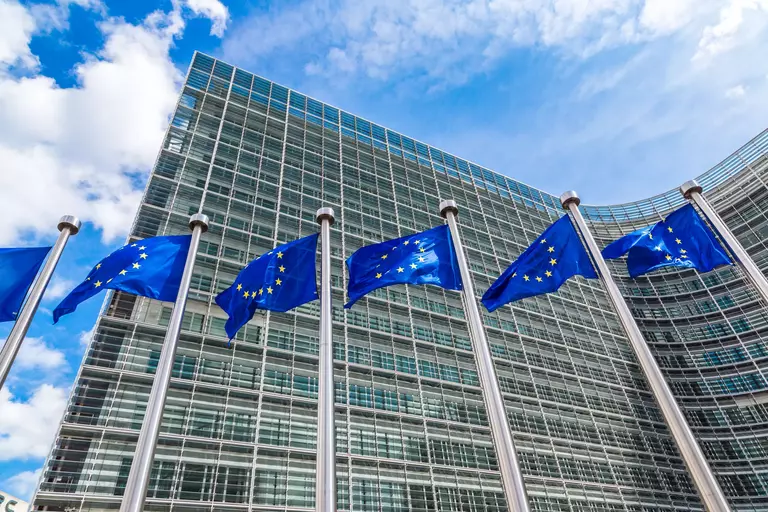Since 1992 the Senate - like the Assemblée Nationale - may adopt resolutions on EU drafts, proposals and documents submitted to it by the Government before adoption. The procedure allows the Senate to give its point of view to the Government before decisions are made on any draft being negotiated.
The Senate decided to entrust the Delegation to the European Union with the systematic review of all EU texts passed on to it.
Hence, every year, the delegation gets more than 300 texts to review and tries to "sort" the many documents, which have different levels of importance. Every text is reviewed by the members of the delegations but only those that are quite important - politically or economically - lead to the adoption of conclusions that will be sent to the Government or to the tabling of a draft resolution on which senators will have the opportunity to debate in the relevant committee or - if need be - in plenary session.
The Government takes the Parliament's positions into account and more particularly those resolutions adopted by the assemblies on the occasion of negotiations happening at the level of the Council of the European Union. Even if the Government is not legally bound by the delegation's resolutions, which are political commentaries and no binding texts, experience has shown that the position defended by the Government within the Council of the European Union takes the concerns of the parliamentary resolutions into account.
